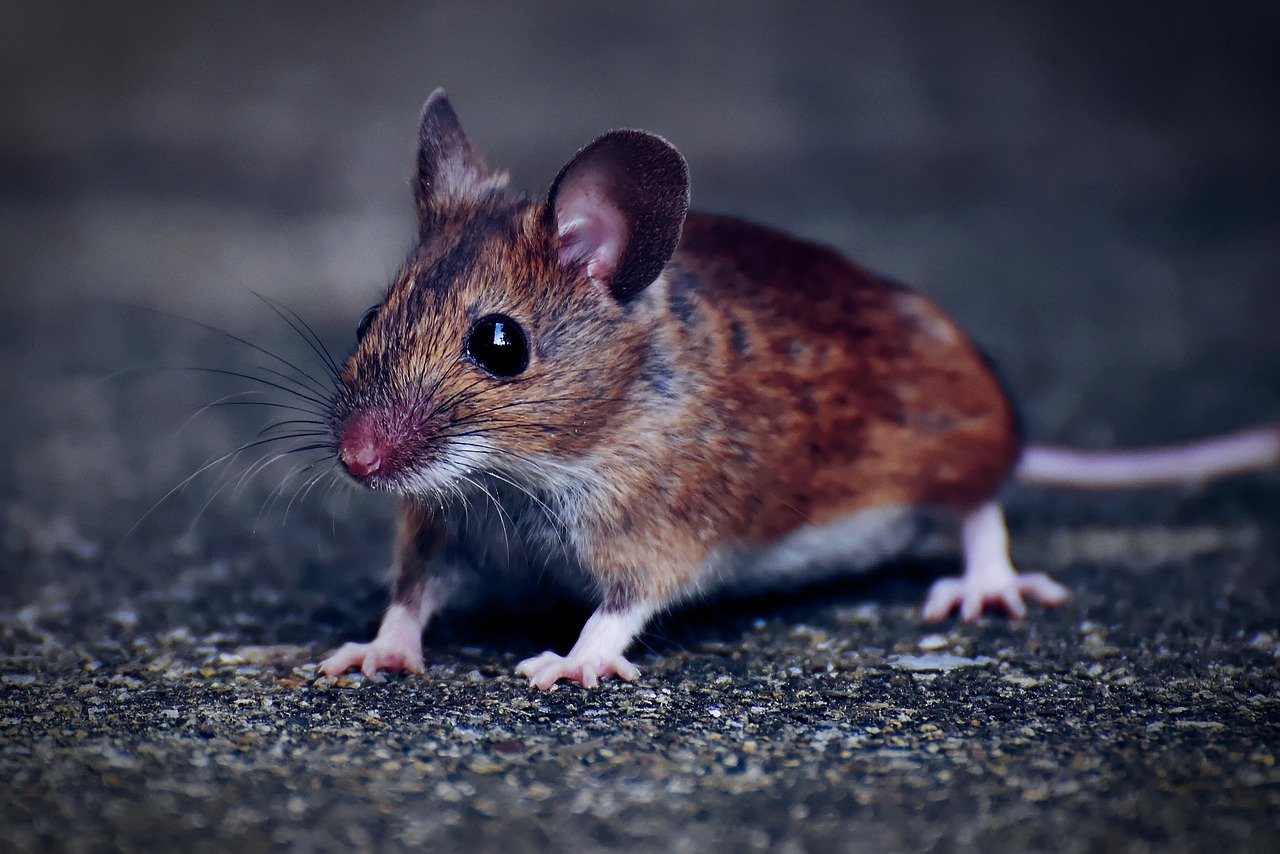Rodents might disarm you with their cuteness, but the truth is that they are disease carriers, disease spreaders, and they can cause bothersome structural damage to homes -- and even housefires.
WHAT IS A RODENT?
But wait, what actually qualifies as a rodent? Our blog post on North Carolina rodents has a ton of information on what actually qualifies as a rodent, but in short, the rodents that are common in our neck of the woods are:
- Mice
- Rats
- Squirrels
- Groundhogs (AKA Woodchucks)
- Voles (AKA Field Mice)
- Chipmunks

HOW RODENTS CAN BE DANGEROUS
As we touched on earlier, rodents can indeed be pretty dangerous critters to have to lurk around your home -- particularly mice and rats. Rodents carry a bunch of diseases, including:
- Hantavirus
- Leptospirosis
- Plague
- Tularemia
Both mice and rats can also carry salmonella, which really becomes a problem if you have mice or rats getting into your food on a regular basis.
Mice and rats (and squirrels for that matter) will also chew on electrical wires; one metric even predicts that “rodents are responsible for 20 percent to 25 percent of all fires of unknown causes because of their propensity for chewing electrical wiring and gas lines.” Spreading diseases and causing house fires? Yea, rodents are no joke.
WHAT RODENTS EAT
In general, rodents prefer plant-based foods: think seeds, grains, and fruits (and of course, cheese). But as omnivores, rodents will eat just about anything they can sink their teeth into, and they certainly don’t mind raiding a pantry and getting into whatever is easiest to access. This puts your food source in peril if you have an indoor rodent problem.
WHERE RODENTS HIDE IN THE HOUSE
Rodents aren’t going to sit right out in the open, and they take a hit & run approach to food-gathering. So where will you typically find rodents hiding in the home? Common places are:
- Attics
- Garages
- Closets
- Inside walls
- Behind kitchen appliances
Mice especially will try to set up shop as close to a food source as possible, which makes your kitchen their first choice. Mice and rats are also almost supernaturally flexible, which means that they can get into tiny holes and cracks that you may think they could never squeeze through!
PREVENTING RODENTS
Rodents are difficult to prevent, but there are a few things that you can do to improve your chances of keeping them away from your home:
- Seal holes inside and outside the home to keep rodents out. This may be as simple as plugging small holes with steel wool or patching holes in inside or outside walls.
- Remove potential rodent nesting sites from your property, including leaf piles and deep mulch.
- Clean up food and water sources in and near your house.
- Keep kitchen garbage in containers with tight-fitting lids.
- Turn compost piles to cover newly added food scraps.
CITY WIDE EXTERMINATING RODENT CONTROL
City Wide will get rodents out of your house quicker than a darting mouse. Thorough home inspection for entry points, harboring sites, and any food and water sources is the first step in our rodent control process. Then one of our Charlotte rodent control professionals utilizes bait placement and/or non-toxic control measures to best suit your needs and take care of your rodent problem. To learn more, or to schedule a rodent control appointment, just get in touch with us!

